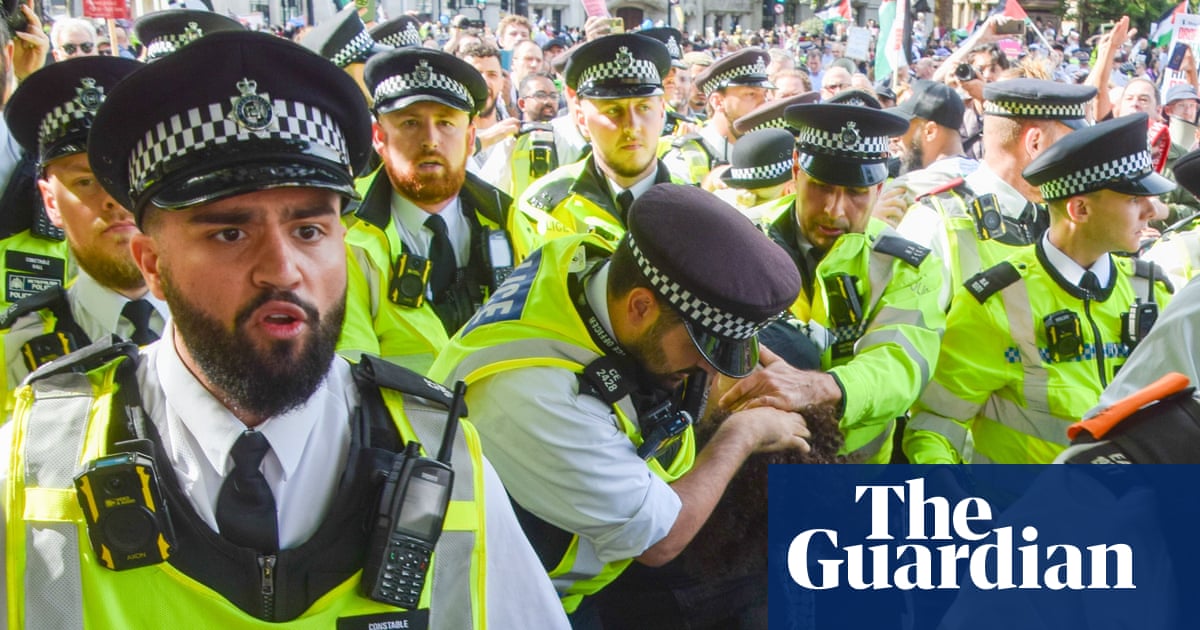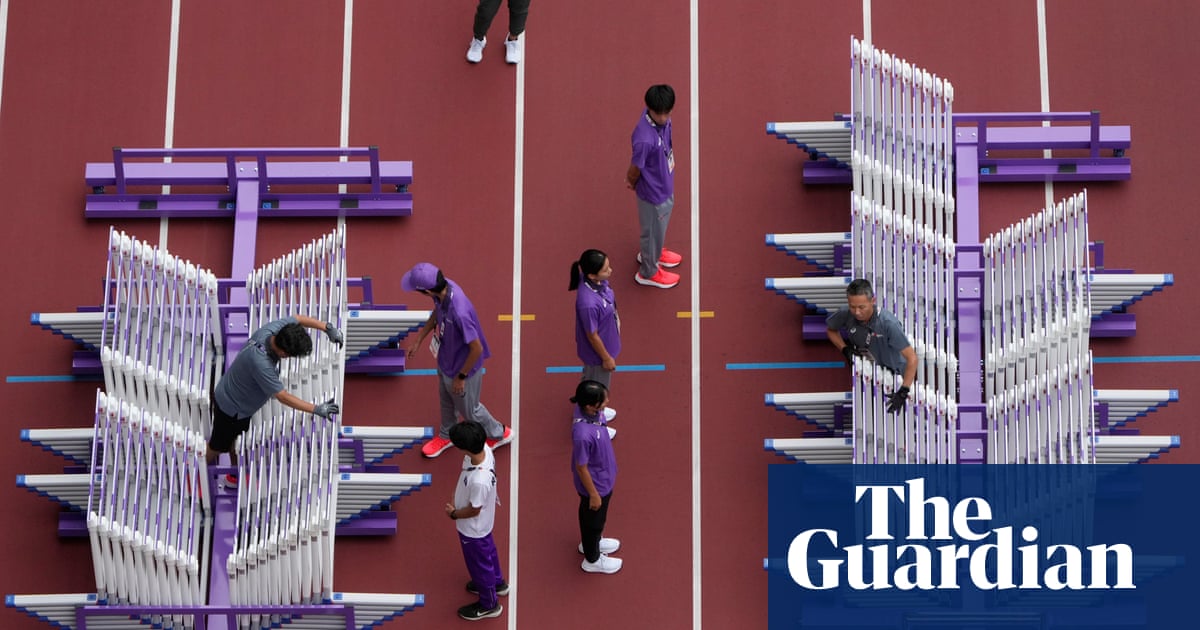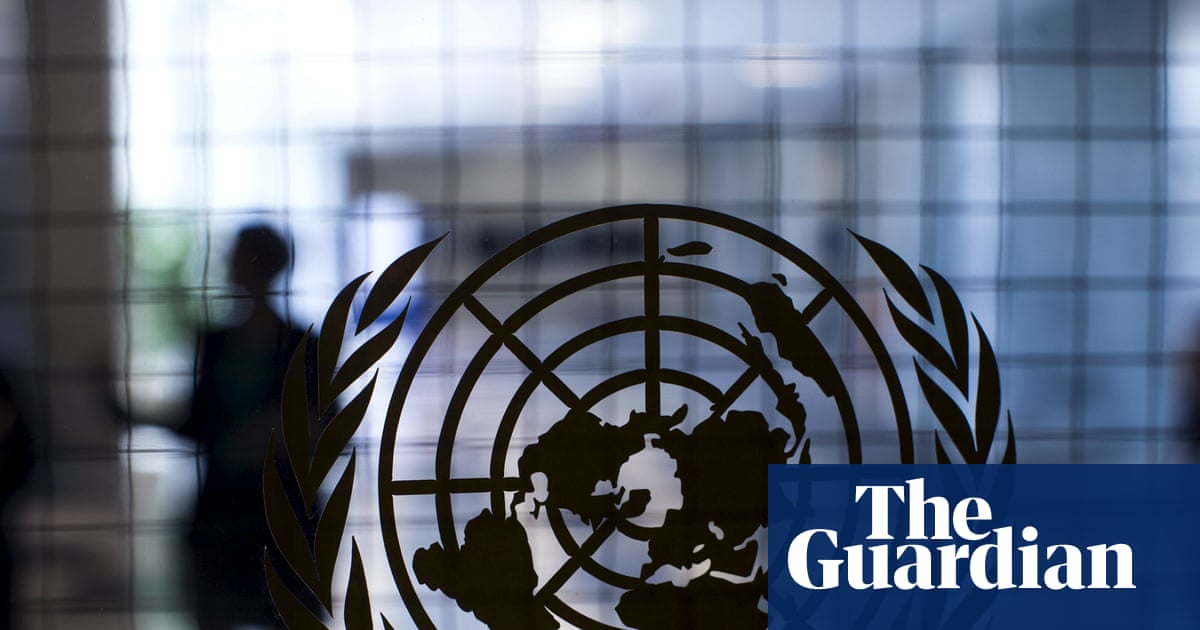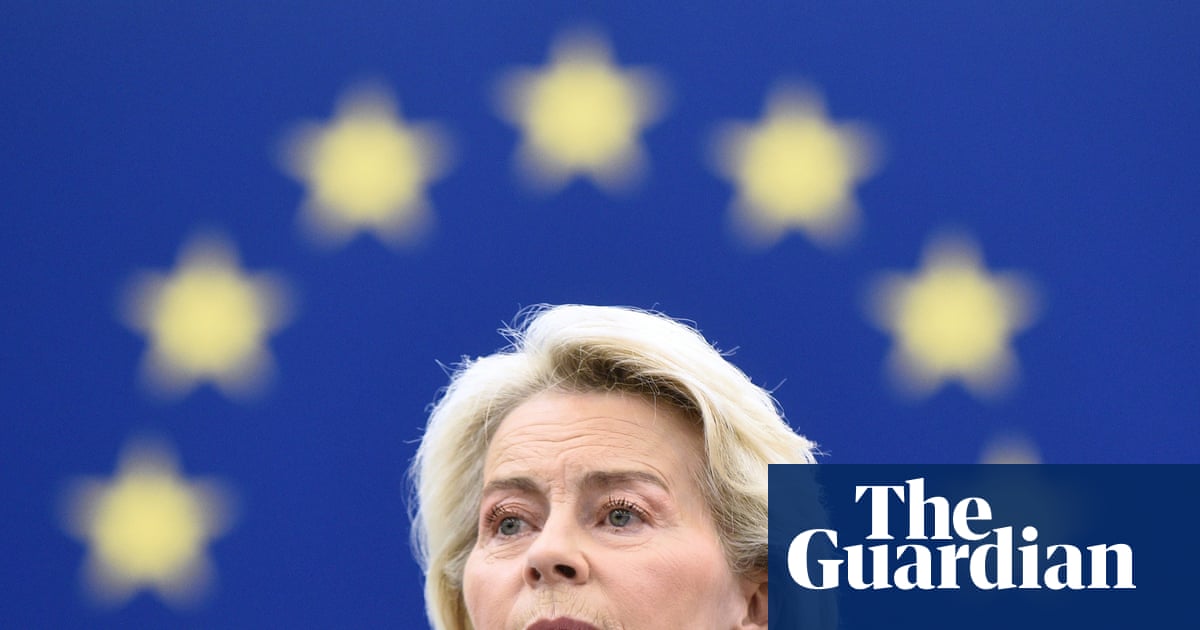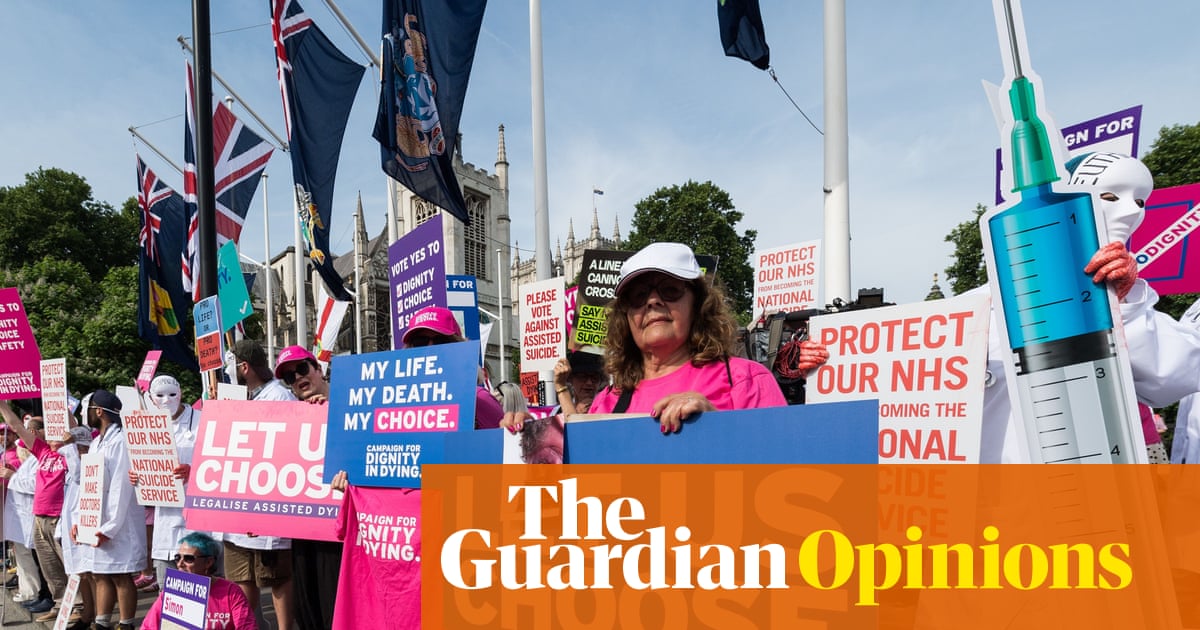Keir Starmer has promised to make Britain “battle-ready” as he unveiled a defence review designed to counter threats from countries such as Russia, which he warned directly threatened the UK every day.
Speaking from the BAE Systems shipyard at Govan, in Glasgow, the prime minister promised to spend billions more on weapons factories, drones and submarines – even if it meant raiding welfare or the aid budget once more to do so.
Amid an ongoing row over how the government will fund Starmer’s “ambition” to spend 3% of gross domestic product on defence in the next parliament, the prime minister argued defence had to be prioritised above other public services.
“[The defence review] is a blueprint to make Britain safer and stronger, a battle-ready, armour-clad nation with the strongest alliances and the most advanced capabilities,” Starmer said.
He added: “Russia is already menacing our skies and our waters, and threatening cyber-attacks, so this is a real threat we’re dealing with.”
The prime minister has promised to spend 2.5% of the country’s economic output on defence by 2027-28, with a further ambition to spend 3% at some point during the next parliament.
Luke Pollard, the armed forces minister, said the strategic review was the first time since the end of the cold war that the government had reviewed the military and not made any cuts. Warship, jet and tank numbers will remain unchanged.
The 140-page review, published late on Monday afternoon, says Britain faces “multiple, direct threats” to its own security for the first time since the end of the cold war – and that to deter conflict the UK must be “ready to fight and win”.
But while the reviewers welcomed that Britain is to lift spending to 2.5% of GDP, they said a reversal of the hollowing out of the armed forces would take about 10 years on current budget forecasts. “As we live in such turbulent times, it may be necessary to go faster,” the team added.
The target size of the British army will be increased from 73,000 to 76,000 in the next parliament as funding becomes available, the defence secretary, John Healey, told MPs, but the immediate priority was to reverse falls in personnel numbers, withthe total number of soldiers dropping to a low of 70,860.
It commits the UK to:
-
Explore the possibility of the UK reintroducing air-launched nuclear weapons by discussing with the US and Nato the possibility of purchasing F-35A fighters equipped with US B61-12 bombs that could be deployed in the event of a war.
-
Spending £15bn to develop new submarine-launched nuclear warheads – and committing to build 12 nuclear powered Aukus attack submarines in Derby and Barrow, starting in the 2030s.
-
Investing £1bn in air and missile defence, £6bn on munitions during this parliament and opening at least six new weapons factories in the UK as part of a programme to increase military stockpiles, which currently may only last a few days in a crisis.
-
Developing a home guard, modelled on the army reserves, to ensure the protection of airports, communications sites and other parts of the critical national infrastructure in the event of a major crisis.
Starmer said he would not put a firm date on when the UK would increase defence spending to 3% of GDP, or how the extra money would be found.
“I am not, as the prime minister of a Labour government, going to make a commitment as to the precise date until I can be sure precisely where the money is coming from, how we can make good on that commitment, because I don’t believe in performative fantasy politics, and certainly not on defence and security,” Starmer told BBC Radio 4’s Today programme.
Pressed again on the date, he said: “We had a commitment for 2.5% by the end of this parliament. We pulled that right forward to 2027. We showed that when we say there’s a new era of the defence and [that] security of our country is our first priority – as it is – that we meant it. We take the same approach to 3%.”
Gideon Rabinowitz, director of policy at Bond, which lobbies on behalf of aid groups, said: “It is disappointing that the prime minister has failed to rule out further cuts to the UK aid budget to fund defence spending. Defence, diplomacy and development are not competing priorities, they are part of the same triangle.”
The defence review will say Britain must be ready to fight a war in Europe or the Atlantic, though it is not expected to promise immediate increases in the size of the armed forces to deal with the threat.
Questioned on whether this could involve, for example, British troops being sent to defend attacks on countries adjoining Russia, Starmer replied: “I very much hope not. And in order to make sure that that isn’t the case, we need to prepare. But we cannot ignore the threat that Russia poses … We have to be ready.”

 3 months ago
115
3 months ago
115
